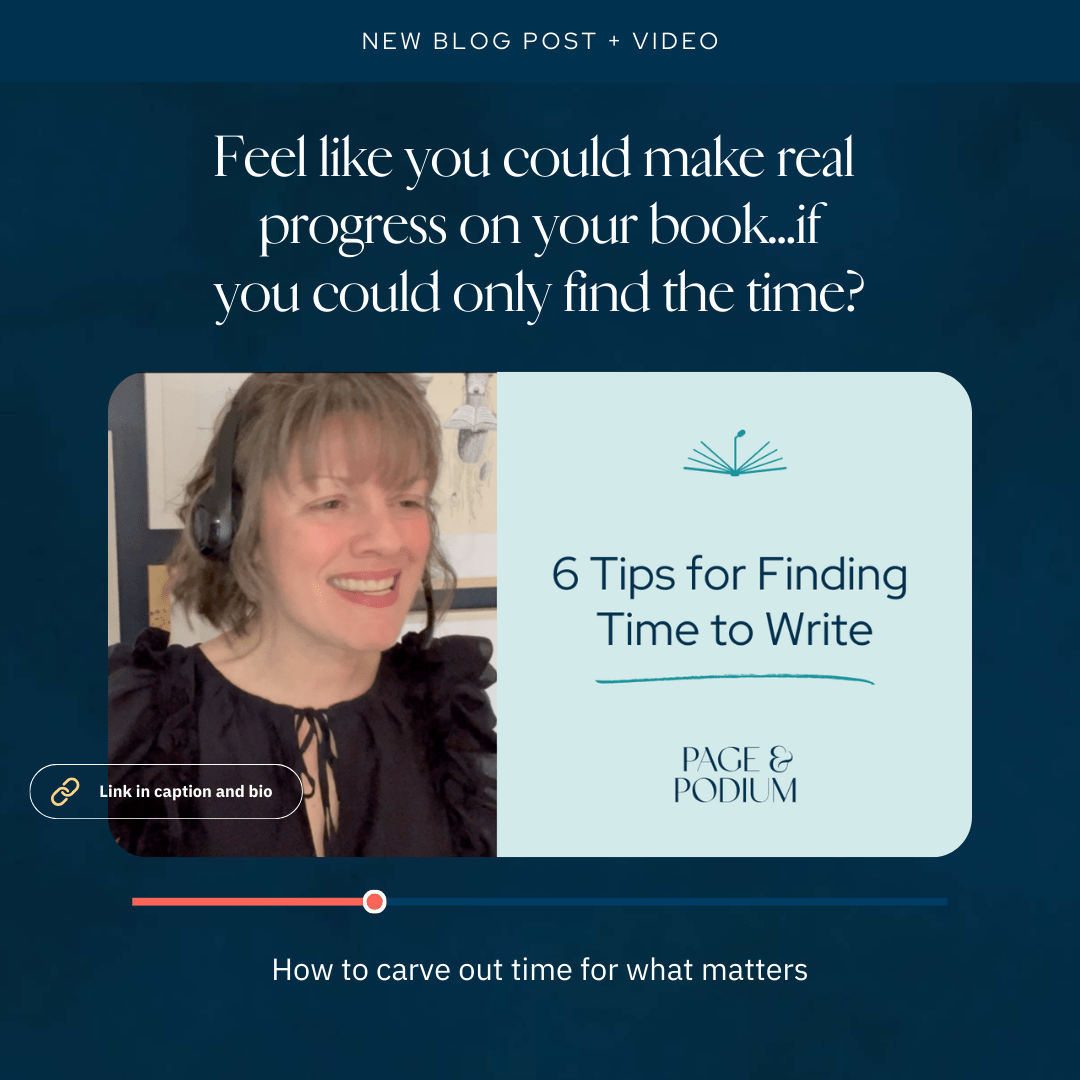Self-publishing is more common than ever, and it’s become quite simple through platforms like Amazon. Realistically, if what you mean by “published” is to have a book in your hand and for sale somewhere, you can achieve that goal almost as soon as you finish writing your book.
However, authors who want their book published through a more traditional route look to publishing agencies. Though, navigating agencies can be a tricky and time-consuming process. Sometimes even great books are overlooked either due to oversaturation (you’re the 400th person to submit a beginner business book this week) or because the approving editor just didn’t agree on the book’s merits (editors are people, too!).

At DAS, we’re also a big fan of smaller, independent publishers (and we’re featuring a publisher of the month on our social media every month of 2023!). Smaller publishers are less likely to be quite so oversaturated with submissions and sometimes adhere to more specific genres, such as books with themes in social justice or immigrant stories. They are also a great way to get your book on store shelves and in your community.
However, no matter what route you take, readers want a book they know they’ll love, and publishers want a book they can vouch for, both for its quality of writing and its potential for profit.
So how do you write a book you know a publisher will want?
Have your ideal reader in mind
Whether or not a book is interesting is subjective. You need to know that there is an audience looking for your book. If people want your book (and others like it), you’ve found your group of potential book buyers! When you’re planning your book, picture who you see reading, enjoying, and being impacted by your story. Is your book a rags-to-riches story to inspire fellow entrepreneurs? Or is your book a deep dive into your family’s history that includes a charming story of your immigrant grandmother?
You can also work in reverse by asking who your reader is. Is your reader enjoying your book in a hip, local coffee joint, or do they listen to it on their commute to the office? Are you readers academics who like a challenge, or is your book accessible to everyone?
Knowing who your reader is one of the most important things you can do for your book. It will allow you to choose which parts of your story you want to include or emphasize and provide a framing for your story. This can also help you market your book because you have a clear audience (and your audience may fall into the same categories outlined by a potential publisher).
Define the why of writing your book
Similarly, you need to know why your readers need your book. What impact do you want your book to have? Do you want to change minds, inspire, or teach? What takeaway will your reader walk away with when they finish your book?
You need to know what made you sit down and decide to make your book happen. Maybe it’s because you wish you knew what you know now when you were just starting your business. Maybe you want to acknowledge and make known the sacrifices your family made when they immigrated. Maybe you hope your personal experience of systemic inequalities starts a conversation on making things better.
Knowing why you’re writing your book can help you define your reader (if you haven’t already in step one) and market your book effectively by demonstrating why people want to pick it up off of the shelf. The unique why behind your book may also make it stand out amongst other submissions.
Know what’s trending
The most technical tip for making your book appeal to publishers is to make sure it’s in line with current industry trends. This is quite an elusive step to take, as industry trends can be hard to find.

A simple way to figure out what the industry looks like is to look into books that are trending. What shape do their plots take? What topics do they cover? Who is reading them? What do reviews admire about the books?
The process, however, is quite time-consuming, and you may see Google searches in your nightmares thanks to the number of them you have to do.
Fortunately, there is a better alternative: consulting industry experts. Here at DAS, we do industry research for you and help you tailor your book. We provide industry-oriented coaching to help you make your book the best it can be. If you’re still stuck, we can also work with you to ghostwrite a book that adheres not only to the industry but to your ideal reader, too.
If you’re still unsure, you can always schedule a free Clarity Call to talk things over and get clear on your ideas here.
Writing a book you know people will love seems elusive, but it’s definitely achievable if you know where to look and what questions to ask.



